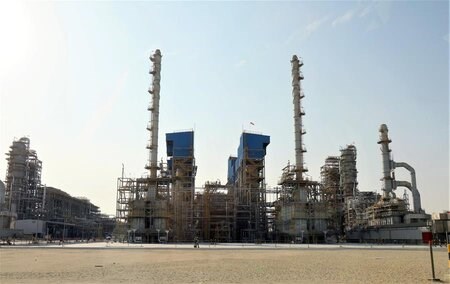
The IEA report contrasts with the view of oil producer group OPEC, which sees oil demand rising for a longer period after 2030 and calls for trillions of dollars in new oil sector investment.
Peak demand for oil, natural gas and coal could occur this decade under a scenario based on current policies, the IEA said in its annual World Energy Outlook.
“The transition to clean energy is underway worldwide and cannot be stopped. It is not a question of ‘if’ but only of ‘how soon’. The sooner the better for all of us,” said IEA Executive Director Fatih Birol.
“Governments, companies and investors need to support the clean energy transition rather than hinder it,” the leader added.
However, the IEA also said that, as things stand, demand for fossil fuels will remain excessive, far from the Paris Agreement's goal of limiting the increase in global average temperatures to 1.5 degrees Celsius.
“This risks not only exacerbating climate impacts after a record-breaking year, but also undermining the security of an energy system that was built to create a cooler world with fewer extreme weather events,” the agency said.
By 2030, the IEA expects the number of electric cars on the road worldwide to increase nearly tenfold from today. Policies supporting clean energy in key markets will put pressure on future demand for fossil fuels.
For example, the IEA now expects 50% of new car registrations in the US to be electric by 2030, up from 12% in its own outlook two years ago, thanks to the US Deflator Act passed by President Biden. China is also expected to be a clean energy powerhouse.
The key to the transition is to scale up investment in all aspects of the clean energy system, rather than fossil fuels.
“The end of the era of growth in fossil fuels does not mean the end of investment in fossil fuels, which would reduce the rationale for demand,” the IEA report said.
An OPEC report earlier this month said calls to halt investment in new oil projects were “misguided” and “could lead to energy and economic chaos”.
Source










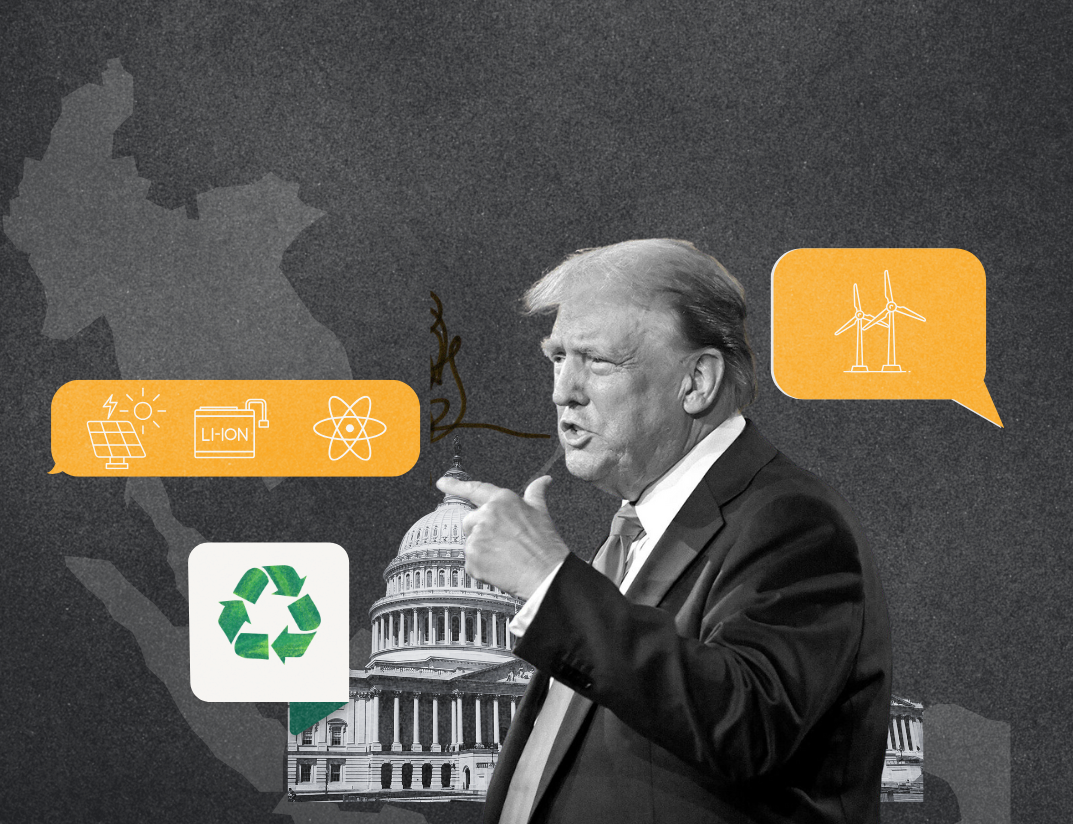

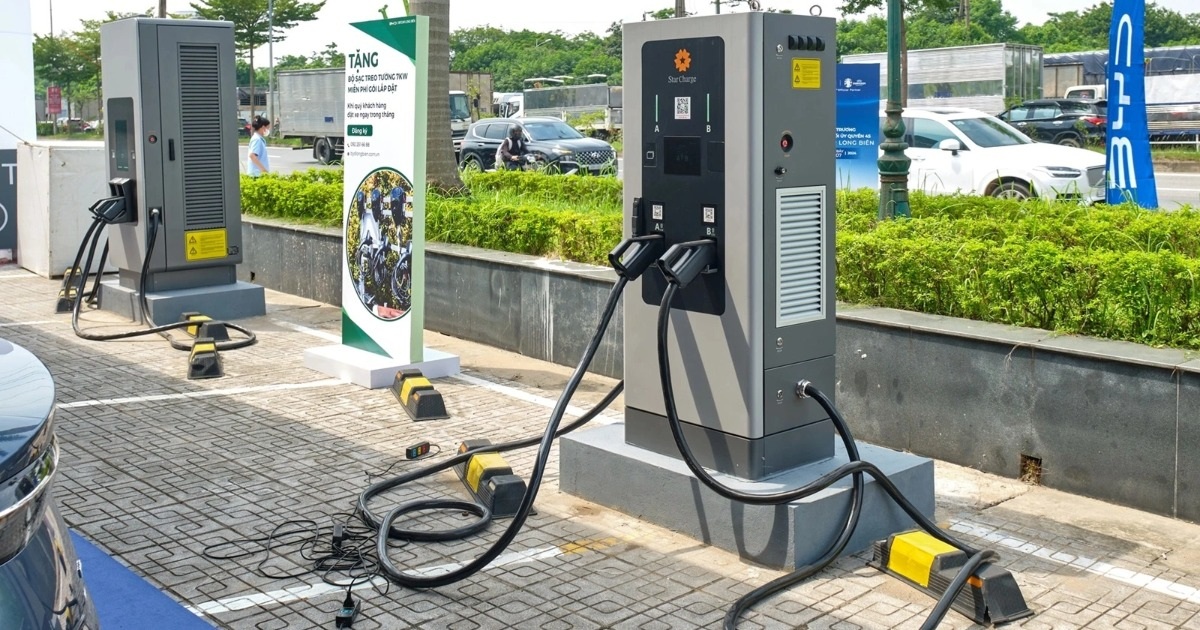

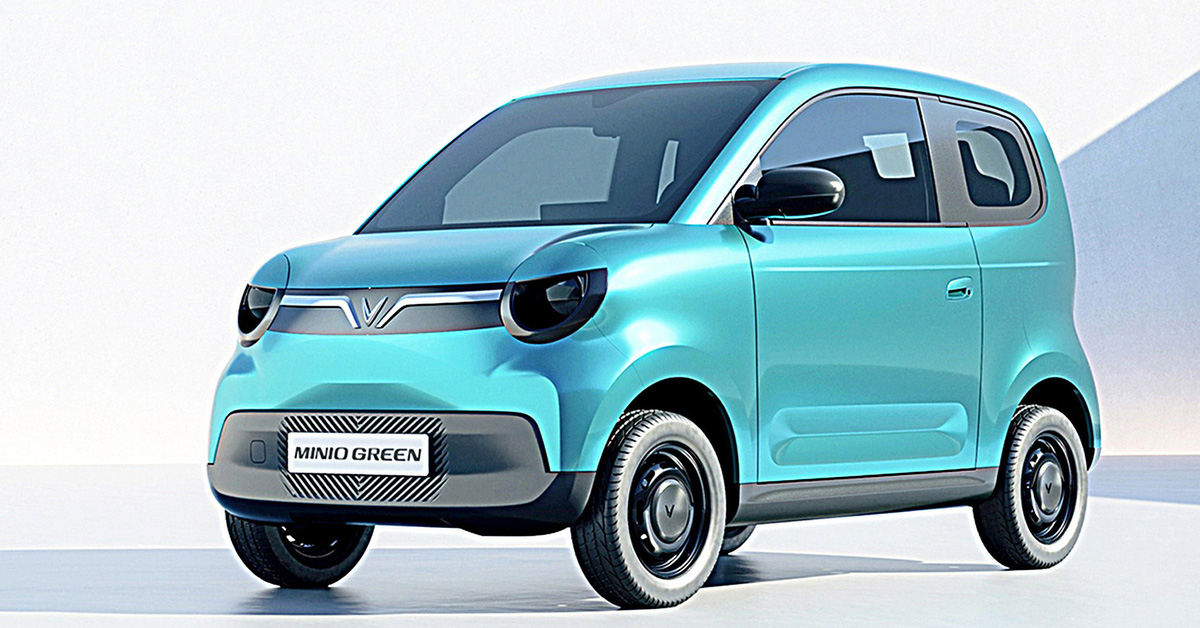





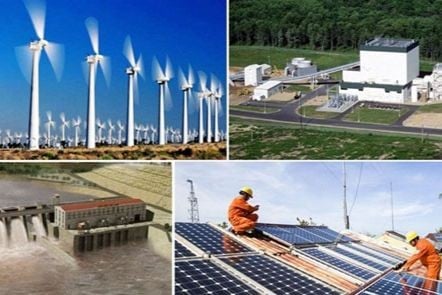




















![[Photo] Prime Minister Pham Minh Chinh chairs Government Conference with localities on economic growth](https://vstatic.vietnam.vn/vietnam/resource/IMAGE/2025/2/21/f34583484f2643a2a2b72168a0d64baa)








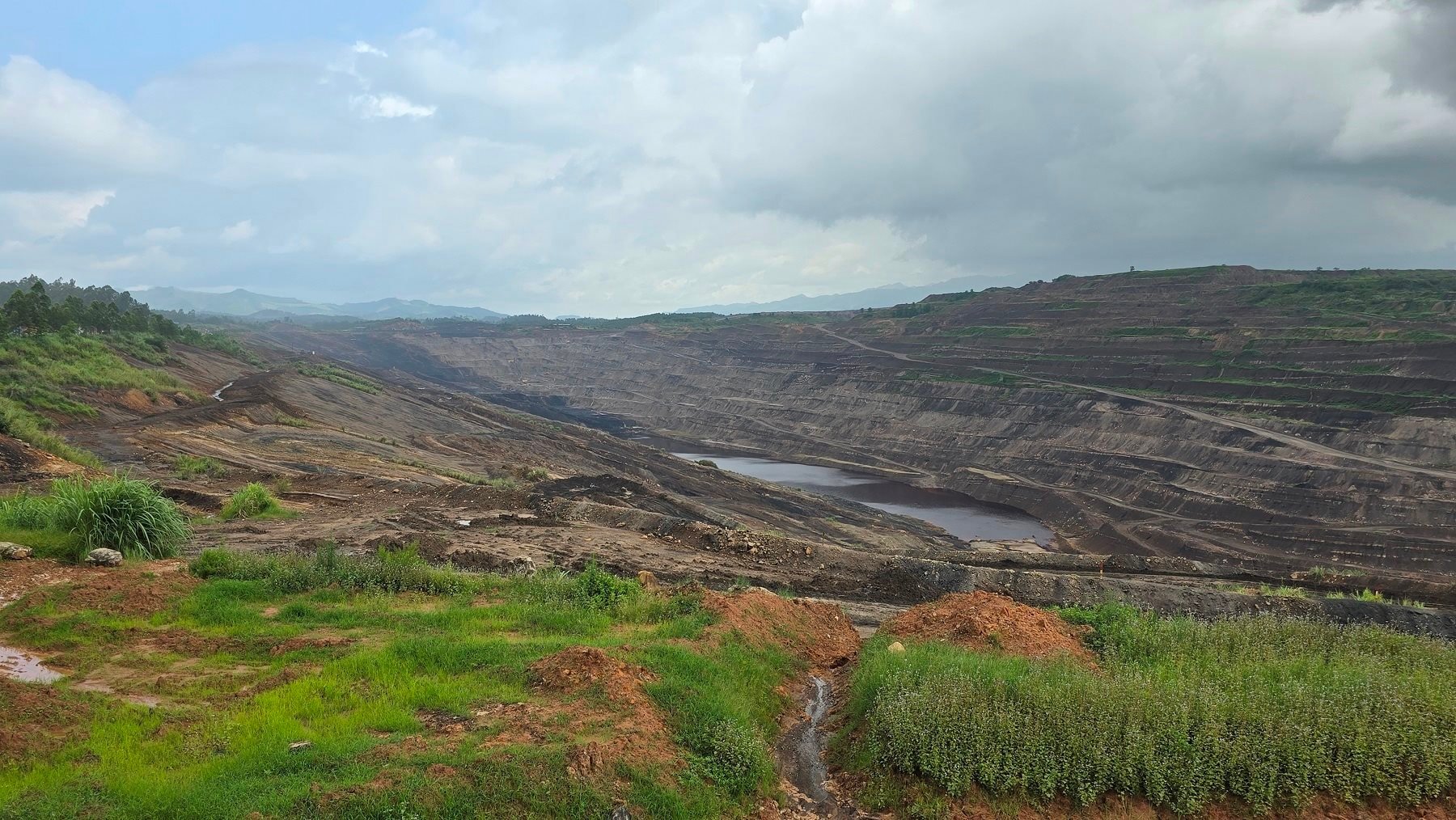














































Comment (0)